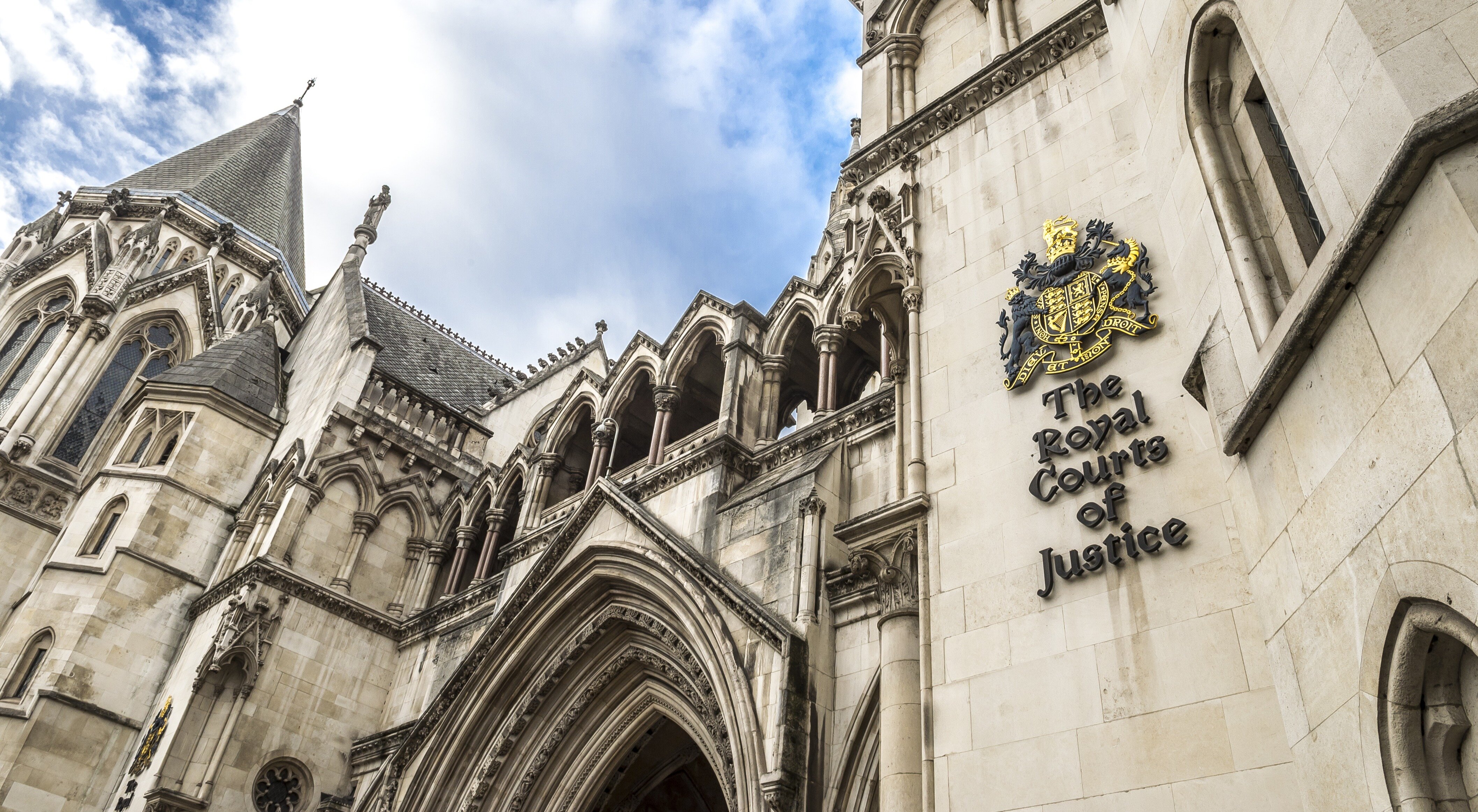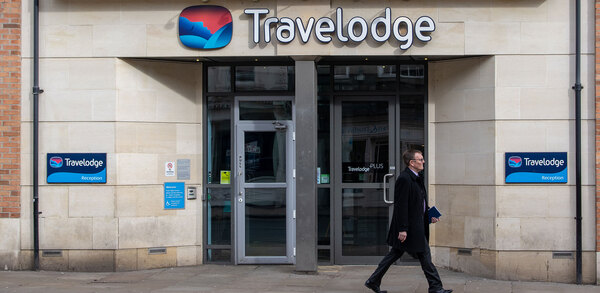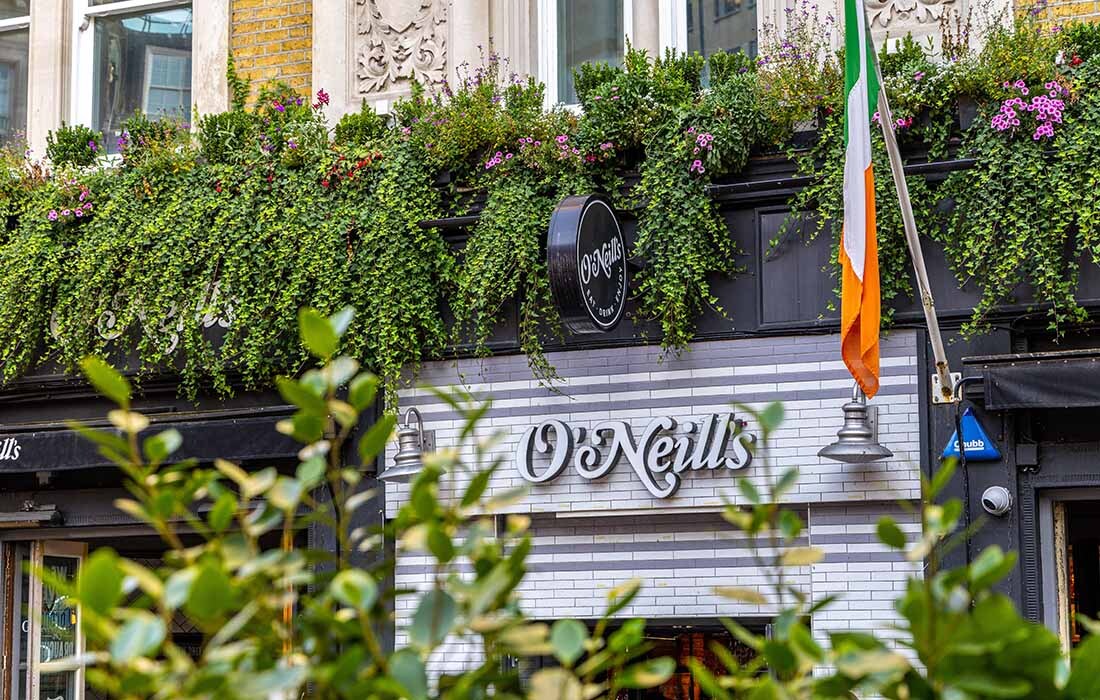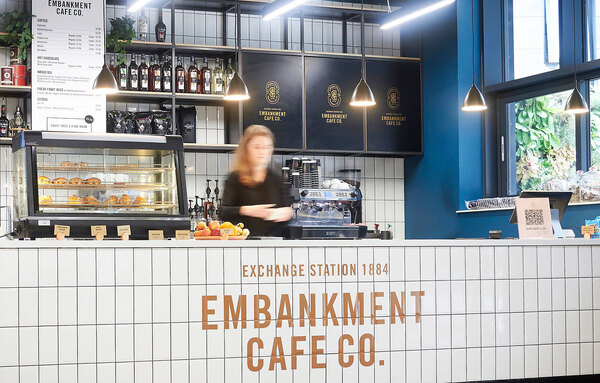Business interruption insurance ruling provides 'light at the end of the tunnel' for operators
The high court ruling on business interruption insurance policies suggests Covid-19 claims should be paid in most cases where policies had pandemic or notifiable disease clauses.
The 162-page ruling published this morning has been welcomed by industry bodies, although it is anticipated that insurers will appeal the judgement.
UKHospitality chief executive Kate Nicholls said: “The confusion around business interruption insurance policies came at the worst possible time for businesses. They found themselves being denied support they thought they were entitled to in the middle of the worst crisis they have known.
“We are very pleased that this ruling, generally speaking, finds in favour of businesses who had taken out policies in good faith and may now have cover following the court’s guidance. Our sector is still on a knife-edge and needs all the support it can get.”
The case, heard in July, was brought by the Financial Conduct Authority (FCA), which looked to the court to provide clarity for business owners and the insurance industry. The hearing took place over eight days before Lord Justice Flaux and Mr Justice Butcher.
The FCA’s legal team at Herbert Smith Freehills (HSF) has said that while different conclusions were reached in respect of the 21 policy wordings assessed by the court, it found in favour of the FCA on the majority of the key issues, in particular in respect of coverage triggers under most disease and ‘hybrid’ clauses, certain denial of access/public authority clauses, as well as causation and ‘trends’ clauses.
Some 700 types of policies across affecting 60 different insurers and 370,000 policyholders could potentially be affected by the test case.
The judgment states that most, but not all, of the disease clauses in the sample provide cover. It also says that certain denial of access clauses in the sample provide cover, but this depends on the detailed wording of the clause and how the business was affected by the government response to the pandemic, including whether the business was subject to a mandatory closure order and whether it was ordered to close completely.
The test case has also clarified that the Covid-19 pandemic and the government and public response were a single cause of the covered loss, which is a key requirement for claims to be paid even if the policy provides cover.
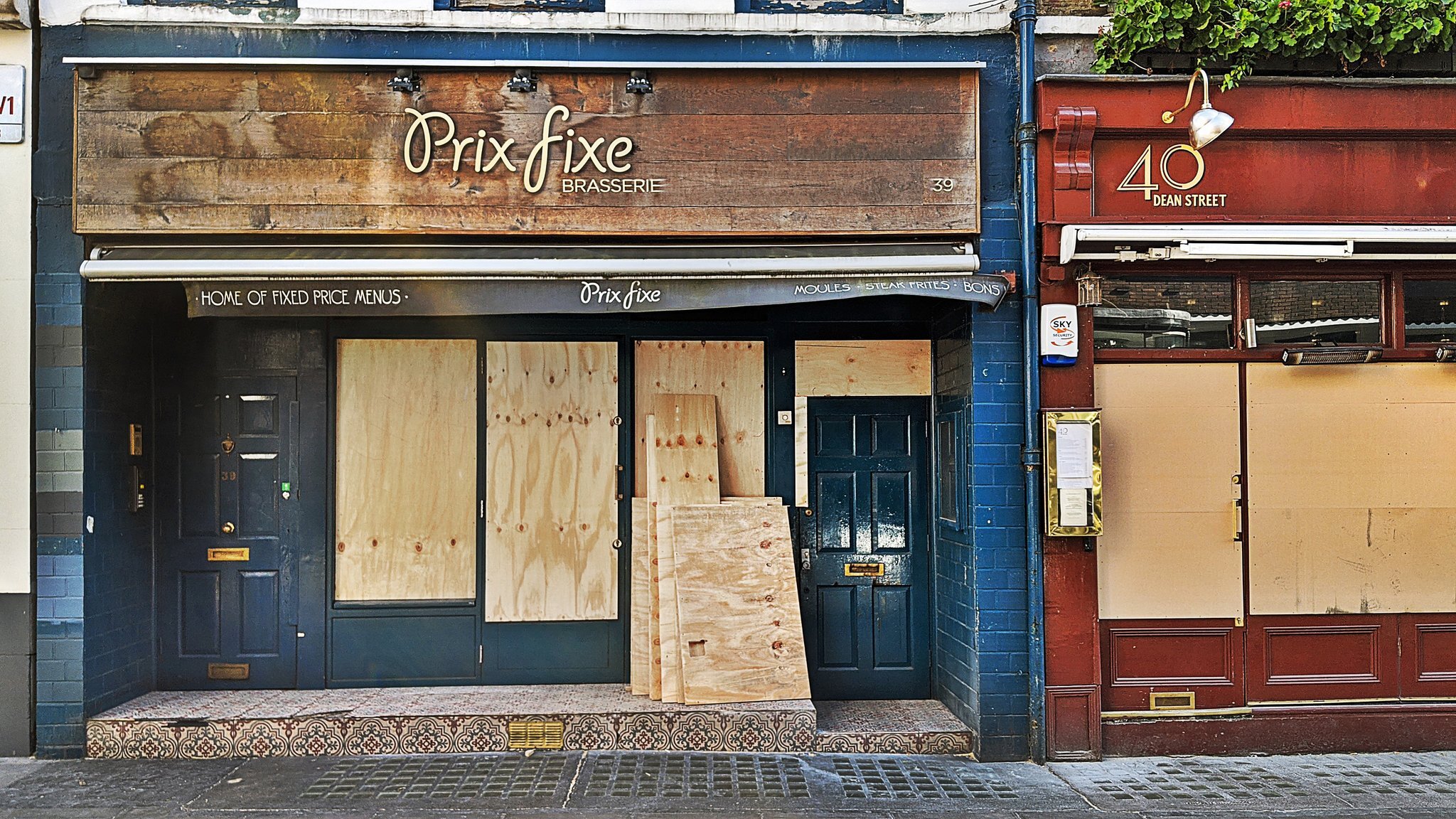
Following the government enforced closure of hospitality businesses, among others, in March insurers denied many insurance claims leaving operators without the lifeline. In response several action groups were established to appeal the decisions and today's ruling is likely to see actions progressed.
Rob Atkinson, in-house lawyer for Black and White Hospitality, who launched a crowdfunding campaign to respond on behalf of the hospitality industry, said: “What this judgement has done is provided a lot of clarity in the fog the insurance companies created and said there’s a level of coverage in most, if not all, of the policies put before them.
“What the insurance companies should be doing now is contacting their policy holders and discussing the amount of the claim and when they’re going to make payment. Given that it’s been six months now since most businesses in hospitality closed down that can’t come soon enough. What we hope doesn’t happen is that they appeal the decision, which would prolong things even further.
“That money really can’t come soon enough. Businesses are failing, we’ve seen businesses fail and for some sadly this has almost come too late. Time really is of the essence and this is the difference between some businesses surviving or not surviving.”
Sonia Campbell, partner at Mishcon de Reya, who is representing Hospitality Insurance Group Action and led its participation in the test case, commented: “Despite the judgement and despite a comprehensive win on the policies that we were pursuing, there may well be an application to appeal, in which case I think it will probably leapfrog to the Supreme Court.
“Because the case is of national importance - it’s unprecedented – it’s going to have a huge effect on insurers, on policy holders and everybody involved in this case.”
She added: “I think the courts have worked as quickly as they’ve possibly can – it’s been incredible the speed at which they have accommodated the hearing and how quickly they have got this judgement – I think they will continue with all efforts and if this goes to the Supreme court I’m sure they will want to hear the case as rapidly as possible. I would imagine it would be at the earliest late this year or early next year.”
Christopher Woolard, interim chief executive of the FCA, has told insurers they should "reflect on the clarity provided" and consider the steps they can take to progress claims of the type the judgement says should be paid. If an appeal is made he said it should be done "in as rapid a manner as possible" adding that hundreds of thousands of jobs are potentially reliant on claim being paid.
Michael Kill, chief executive of the Night Time Industries Association said: “We are really, really pleased – the initial thoughts are we had some very key successes throughout some of the policy wording. It has lifted us in terms of an industry in having some light at the end of the tunnel.”


